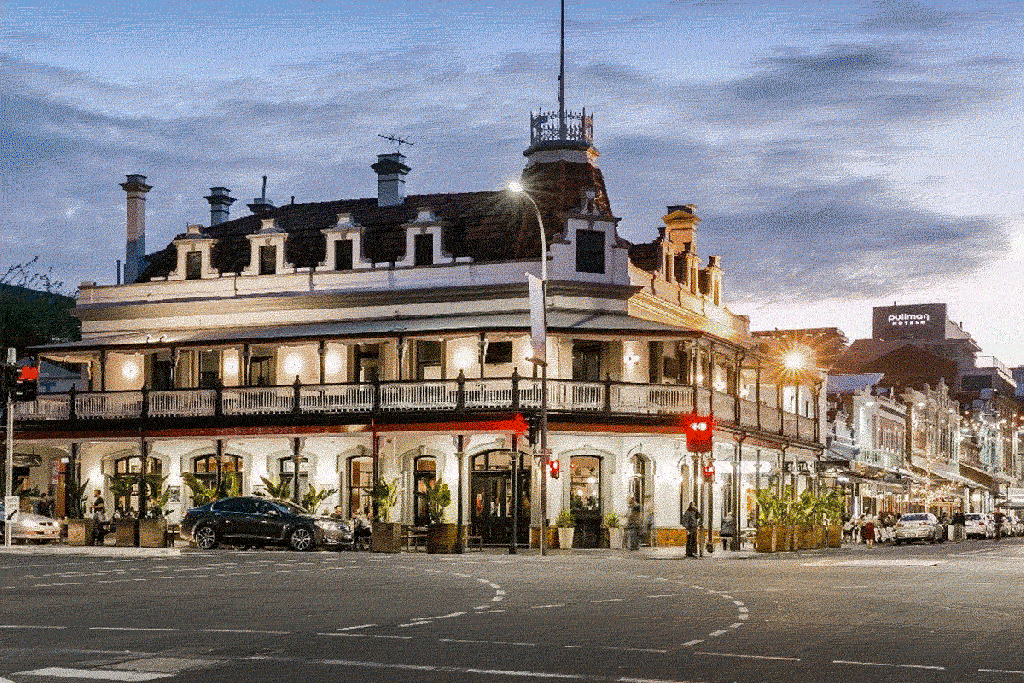Economists warn Trump will deliver US inflation, China trade fallout
The Reserve Bank is sticking with its outlook for the Australian economy as experts fear Donald Trump will raise inflation in the US and wreak wider havoc on global growth.
Markets in Australia, North America and Europe were in flux on Thursday as investors responded to a second Trump White House by rallying into stocks and selling down US bonds.
Commodity prices also fell in anticipation of wide-ranging tariffs on US imports being implemented from as early as next year that economists think will have big consequences.
But RBA governor Michele Bullock thinks it’s ‘‘hard to judge’’ what the US election means for Australia, saying on Thursday that central bankers are sticking to their economic forecasts.
“We can’t be setting policy on the basis of things that could happen,” Bullock told Senate estimates.
“We have to wait and see what actually does happen.”
US rates to rise
Leading economists told TND that Trump’s economic policies will raise inflation in the US and prompt the Federal Reserve to deliver higher interest rates there in the long term.
But the tariffs and tax cuts agenda that Trump will pursue won’t significantly alter the outlook for inflation in Australia next year, with forecasters still anticipating central bankers to cut rates.
You might like
Veteran economist Saul Eslake said Trump’s proposed tariffs will raise inflation for consumers in the US and also weaken China’s economy.
“[That would] indirectly have an adverse impact on Australia’s economy since exports to China account for about 8 per cent of Australia’s [gross domestic product],” he said.
UNSW professor Richard Holden said Trump plans to “blow up deficits even more in the US”.
“[That] mainly has inflationary implications in the US, much less directly, if at all, in Australia,” he said.
“It’s more about us going into a world that could de-globalise because of tariffs, retaliatory tariffs and trade wars.”
Trump inflation fears
Economists have been warning that Trump’s promise to implement tariffs on a broad range of US imports, particularly those from China, will deliver higher price growth.
But while the US constitution gives the President-elect broad authority over setting tariffs, it’s still unclear what the eventual shape of the White House’s policy will look like.
Additionally, much of the economic fallout – particularly for economies like Australia that could be exposed to the secondary effects on trade – also depends on how nations like China respond.
“The effect on inflation in the US will be magnified if other countries ‘retaliate’ by imposing higher taxes on imports from the US, as many of them probably will,” Eslake explained.
Stay informed, daily
Oxford Australia head of macroeconomic forecasting Sean Langcake said it’s possible the tariffs won’t be as wide ranging as Trump suggested during the campaign.
“We’re moving to what we’re describing as a slightly limited scenario where the tariffs are not as bombastic as some of the things that were said at different points in the campaign,” Langcake said.
“It doesn’t matter what the President said though; it’s inflationary – consumers are importing goods from the places they are currently because it’s generally cheaper.
“If you’re pushing them away from that source, it means higher costs.”
China-US restrictions
Nevertheless, while economists are unsure about the specific effects of Trump’s plan, there is a broader consensus that it will mean higher inflation and restrict trade between the US and China.
That could have knock-on effects for Australia too, with RBA assistant governor Christopher Kent said on Thursday that the tariff plan could have “adverse effects” on the economy.
Growing angst about the economic fallout of Trump’s plans was also reflected in a fall in commodity prices on Thursday, something that does have an implication on Australia’s large mining industries and tax revenue for the federal budget.
“The fall in commodity prices, particularity across most base and precious metals, likely reflected the surge in the US dollar as markets priced in Trump’s inflationary policies of tax cuts and tariffs,” Commonwealth Bank commodities analyst Vivek Dhar said.
Trade war
Holden explained that a “big trade war” between the US and China would hurt Australia because it would ultimately demand less of the minerals and other goods businesses export there.
“If that damages the Chinese economy they’re not building as much, so they need much less steel, and less iron ore,” he said.
“That’s bad for some of our big exports.”
But Holden also stressed that the shape of any trade negotiations could change drastically in any eventual deal between Washington and Beijing over the next four years.
Climate change
Eslake explained there are several other ramifications from a Trump presidency that could affect Australia’s economy too, including climate change policy.
On climate change, Trump is likely to once again pull out of the Paris Climate Accords which “may trigger a complete collapse of those accords”, Eslake said.
“[That] may trigger a need for a rethink of Australia’s own emissions reduction targets and strategies.”








